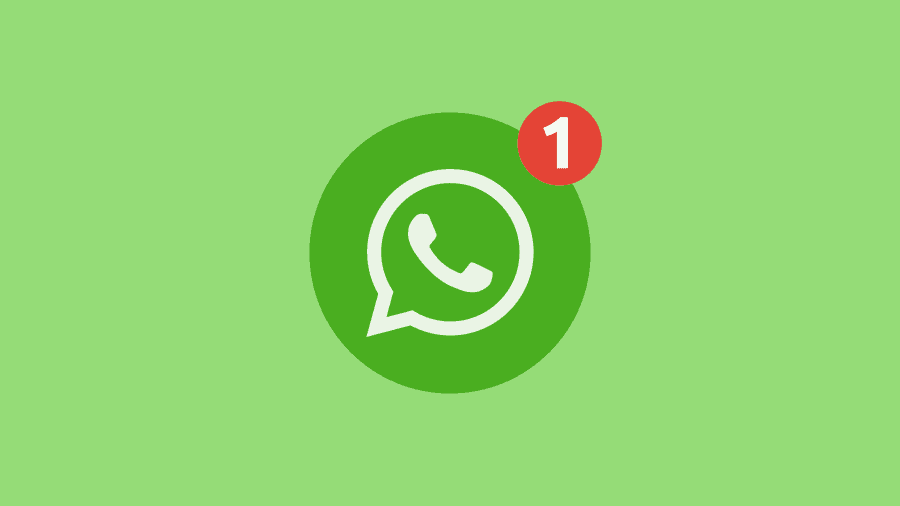In May and June, WhatsApp claimed it banned nearly two million accounts in India for breaking the rules.
According to Whatsapp, 95% of these individuals were banned for exceeding the maximum number of times messages may be sent in India.
WhatsApp made the submissions in its first monthly compliance report under India’s contentious new IT regulations.
With about 400 million users, India is WhatsApp’s biggest market.
The Facebook-owned messaging service said that preventing users in India from sending damaging or unwanted messages at scale is its “top focus.”
WhatsApp is said to block up to eight million accounts each month across the globe using sophisticated machine learning technologies.
Two million accounts in India sending a “high and abnormal rate of messages” were banned in India alone between 15 May and 15 June, the service said.
An Indian account is one having a +91 (country code) phone number, according to the provider.
The Facebook-owned app is often the subject of debates in India over the propagation of disinformation and false news.
Fake news and hoaxes are quickly spread to tens of thousands of people, making it almost difficult to stop them.
In the past, large-scale distribution of messages and videos in India has sparked mob violence and even ended in deaths.
WhatsApp claimed it had implemented its own technologies to combat abuse on the network in addition to reacting to user concerns.
To detect prospective violators, it claimed it relied on “behavioral signals” from user accounts, as well as “unencrypted information,” profile and group pictures, and descriptions.
WhatsApp’s proposals come at a time when internet firms are increasingly at odds with the Indian government over new IT regulations.
The rules, which were published in February and went into force in May, aim to control material on social media and streaming platforms, raising significant concerns about free speech and user privacy.
Critics argue that they allow the government and law enforcement agencies the authority to remove a broad variety of online material. The government, on the other hand, argues that the regulations are in place to prevent misuse and disinformation.










